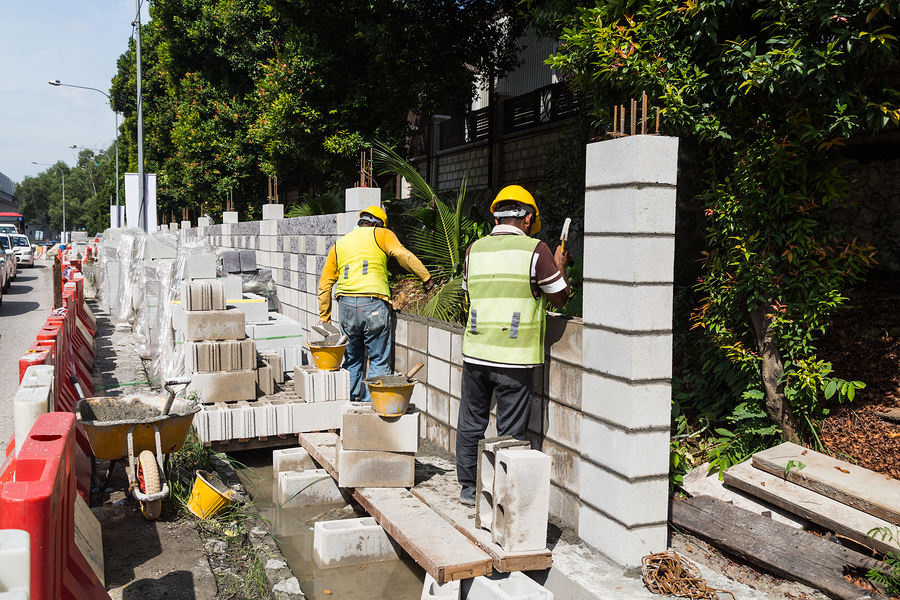It is the quality of a wall separating two areas which prevents the sound energy affecting the wall from passing to the other area nearby. So the bigger the sound-proofing value it has, the better it will perform. However, this calculation does not take in mind the impact sounds.
Because sound does not only spread directly, but also by an indirect manner, its value can only be measured at the scene, so consider that there is no “lab” value that actually works in real life. Secondarily, the entire structure (not only the masonry material) must be taken into account as architecturally necessary items like doors and windows can have a profound impact as to the final sound-proofing capabilities of the structure, as measured by the occupants.
When compared to other materials, masonry is a proven top-performer in noise dampening within a commercial building. Your masonry construction project will benefit from its beauty, durability and effectiveness.


